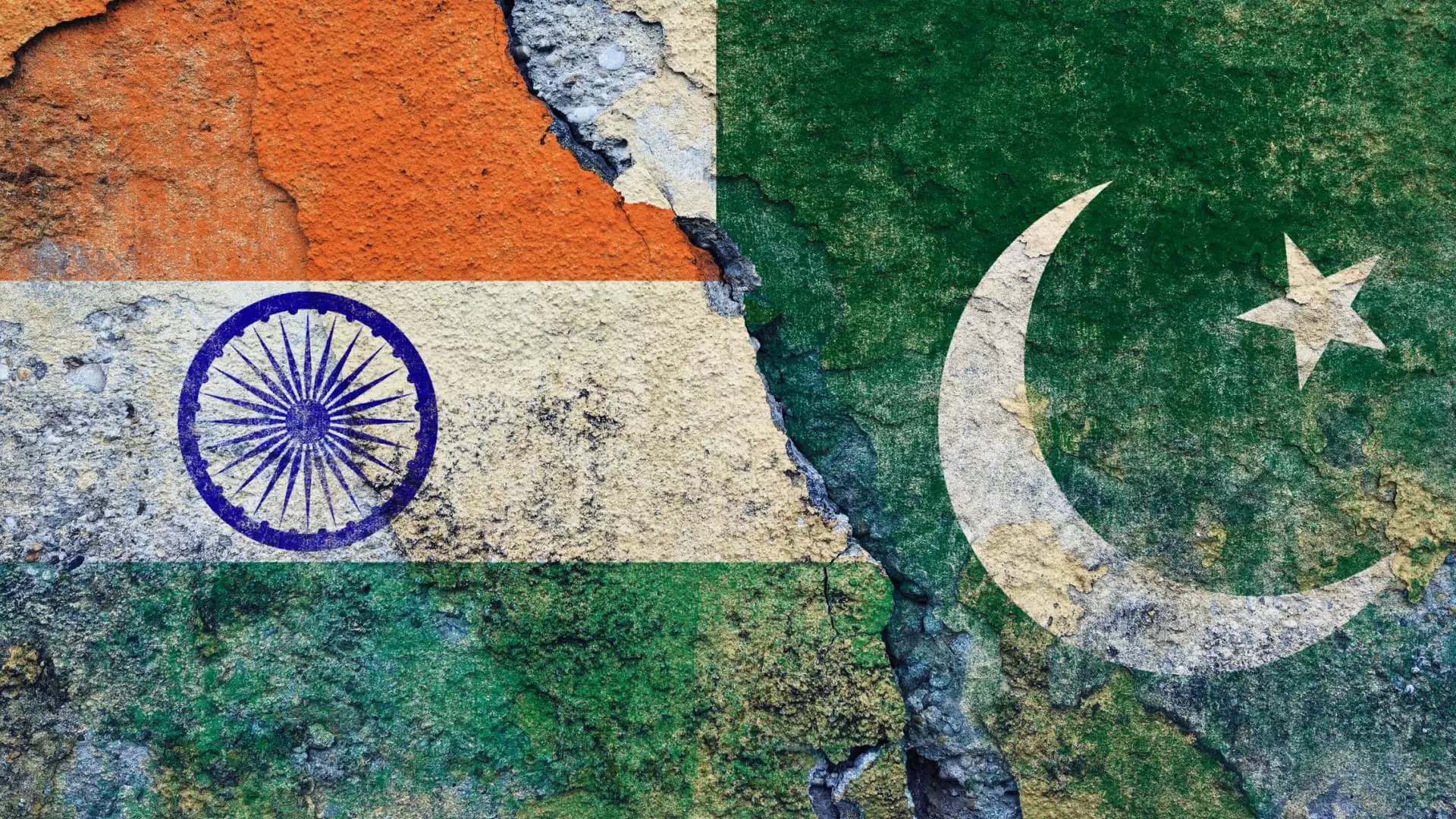In recent weeks, the relationship between India and Pakistan has been cast into a storm of conflict, evoking fears not only among the people in the subcontinent but around the globe. The potential for destabilization in South Asia looms large, with Britain stepping in to act as a mediator alongside the United States. Britain’s Foreign Minister, David Lammy, has underscored the importance of a sustained ceasefire, but let’s be blunt: simply brokering a pause in hostilities is not nearly enough. The underlying issues remain unresolved, and every act of diplomacy feels precarious and fraught with the potential for backslide into violence.
The region’s historical animosity is exacerbated by the nuclear capabilities of both nations. When Pakistan and India exchange missiles, the world holds its breath, contemplating what lies ahead if diplomacy fails. Lammy’s declaration that both countries barely communicate underscores the sheer urgency of fostering dialogue. Yet, one must question whether a mere ceasefire can handle the lurking depths of historical grievances, mutual suspicion, and rapidly escalating nationalism that define this fraught relationship.
The Role of International Mediation
While Lammy portrays the collaborative efforts of Britain and the U.S. as commendable, we must scrutinize the effectiveness of these interventions. The U.S., after all, has historically played a double game, siding with one nation or another based on its momentary strategic interests. This inconsistency undermines trust and casts doubt on the sincerity of the mediators. The idea that talks will occur in a third country—likely a power that many view with skepticism—adds another layer of complication. What happens when the mediator’s intentions come into question? The road to peace can become riddled with landmines.
Additionally, the fragile nature of the ceasefire is evident. Just as the ink dries on peace agreements, the risk of renewed violence lurks in the background. To merely label this diplomatic effort as successful is to ignore the precariousness of a situation that could erupt at any moment. If the roots of conflict are not addressed, these diplomatic overtures run the risk of being nothing more than temporary band-aids applied to deep wounds.
Humanitarian Implications and Water Security
The suspension of the Indus Water Treaty serves as a haunting reminder of the stakes involved. Water security is not just a geopolitical issue; it is a humanitarian crisis waiting to unfold. For Pakistan—a nation already grappling with resource limitations—the potential disruption in water supply could lead to dire consequences for agriculture and, consequently, food security. Lammy’s call to uphold treaty obligations is commendable, but one cannot overlook the reality that such pleas can often fall on deaf ears in the clamor of nationalist rhetoric. The apprehension over water rights highlights just how intertwined these nations’ destinies are—each escalation pushes them closer to a disastrous tipping point.
The humanitarian aspect of this conflict is far too often overlooked. Real lives hang in the balance, with millions suffering the consequences of military posturing and historical grievances. The people of both nations deserve more than rhetoric; they deserve substantive action aimed at reconciliation and understanding.
A Call for Genuine Commitment
As the world watches and waits, one has to wonder: what will it take for true peace to emerge from this quagmire? Lammy’s comments on global terrorism hint at broader regional tensions that ripple outward, influencing global narratives. But we must not forget that peace cannot be enforced through military might or coercion; it must be cultivated through respect, understanding, and genuine commitment from all involved parties.
It’s time for leaders on both sides to confront uncomfortable truths and engage in sincere dialogue. They must abandon outdated tactics of fear-mongering that perpetuate cycles of violence. Strengthening trust will not happen overnight, but with persistent effort, perhaps there is hope for a future where Indian and Pakistani citizens can build a lasting peace rather than dwell in the shadow of their shared past.
True, the path forward is fraught with challenges, but the only way out of this quagmire is through intentional, well-structured engagements supported by genuine intentions. It’s a high-stakes game where apathy is not an option, and the world is weary of witnessing yet another instance of needless suffering.

Leave a Reply